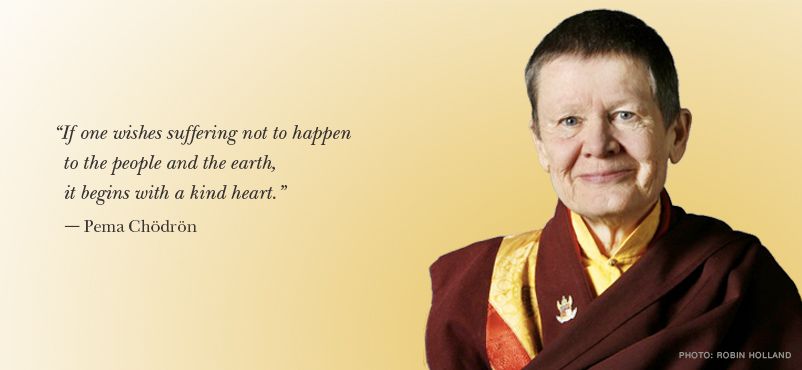Being Present - Overcome suffering

Being present may easily rank as one of the most difficult skills in modern society. Meet anyone, and they seem scattered and distracted. Fidgeting, constantly looking at their phones, or equivalent. I am not a historian, but I would imagine that it was not always like that. We simply did not have the same level of distractions even a hundred years ago, as even our neighbours would probably drop in only once in a while.
The mind, though, could have been occupied. Occupied with past regrets or future anxieties. Being "truly here" has probably been difficult for all of the history of humankind. Which is why spiritual leaders and teachers have tried to teach us about the power of now. One such teacher in modern society is Pema Chödrön, a renowned Tibetan Buddhist nun and teacher.
The Nature of the Human Mind
Chödrön often speaks about the restless nature of the human mind. Our thoughts are like a relentless river, constantly flowing and changing direction. This incessant mental chatter pulls us away from the present moment. We replay past conversations, worry about upcoming events, and get lost in daydreams. This distraction is not just a modern-day phenomenon; it's a fundamental aspect of the human condition.
The Pain of Resistance
One of the primary reasons we find it hard to stay present is our resistance to the current moment, especially when it's uncomfortable or painful. Chödrön emphasises that much of our suffering comes from our desire to escape discomfort. We habitually run from painful feelings, seeking distractions or suppressing our thoughts. In reality, this resistance intensifies our pain and disconnects us from the reality of the present moment.
Groundlessness and impermanence
Chödrön introduces the concept of "groundlessness," the idea that nothing is permanent and everything is always changing. Recognising the impermanent nature of all things can be unsettling. In her words
“To be fully alive, fully human, and completely awake is to be continually thrown out of the nest. To live fully is to be always in no-man’s-land, to experience each moment as completely new and fresh. To live is to be willing to die over and over again.” ~Pema Chodron
Mindfulness and compassionate awareness
So, how can one cultivate presence in the face of these challenges? Chödrön suggests the practice of mindfulness. This involves paying deliberate attention to the present moment without judgment. It's about observing our thoughts, feelings, and sensations as they arise without getting caught up in them. I know this is easier said than done. However, I have been practicing for eight years now. It does get better with practice.





